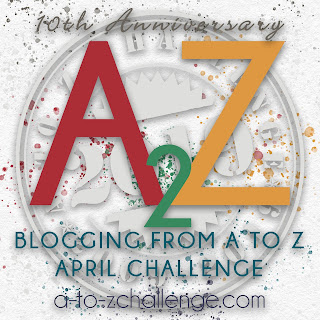So I'm going to dish out some more.
When I was querying, one of my biggest struggles was figuring out how much of the plot to include. I knew I'd be explaining it all in the synopsis, which is more of an emotionless summary of the book's events, and the query is supposed to read like the book jacket blurb. I tried reading some blurbs to generate ideas, but they all seemed too dramatic - more on the side of a lengthy Twitter pitch event tweet than a brief summary. Trying to read other people's query letters wasn't much help either. Some people wrote lengthy page-long dealios, and other people barely had ten sentences. I was tearing my hair out. I just wanted a happy medium, darnit!
I ended up settling somewhere in the middle, landing on two paragraphs of plot and two paragraphs of other query content. Here's my basic outline:
- Summary paragraph 1: This paragraph sets up the world, the stakes, and the inciting incident. It ends around the end of Act One, when the MC makes some specific choice that defines the rest of the story.
- Summary paragraph 2: The paragraph summarizes the consequences of the choice the MC makes at the end of Act One. It ends approximately where Act Two ends, when the MC has to give up on their previous want and adjust, or continue to struggle toward something they will never achieve. It should end on a cliffhanger.
- Metadata: This paragraph contains all the info about my manuscript - the title, length, genre, and relevant hashtags (#OwnVoices, #BlackGirlMagic, etc.) along with comp titles. Comp titles are in ALL CAPS, and I also like to mention why I'm using them ("the political intrigue of SHADOWCASTER meets the love triangle of LIKE A LOVE STORY"). It's also worth mentioning why I'm querying this agent in particular ("your bio mentioned an interest in books like the TV show REIGN").
- Bio: All about me! My background, my education, why I'm qualified to write this, why I'm passionate about this story.
All in all, my query was about three-quarters of a page, give or take, including my introduction and sign-off. A query should definitely not be more than a page, and I'd say limit your summary to three paragraphs. Any longer than that and you're venturing into synopsis territory, and we know how territorial they can be.
Now go forth and storm the query trenches!









